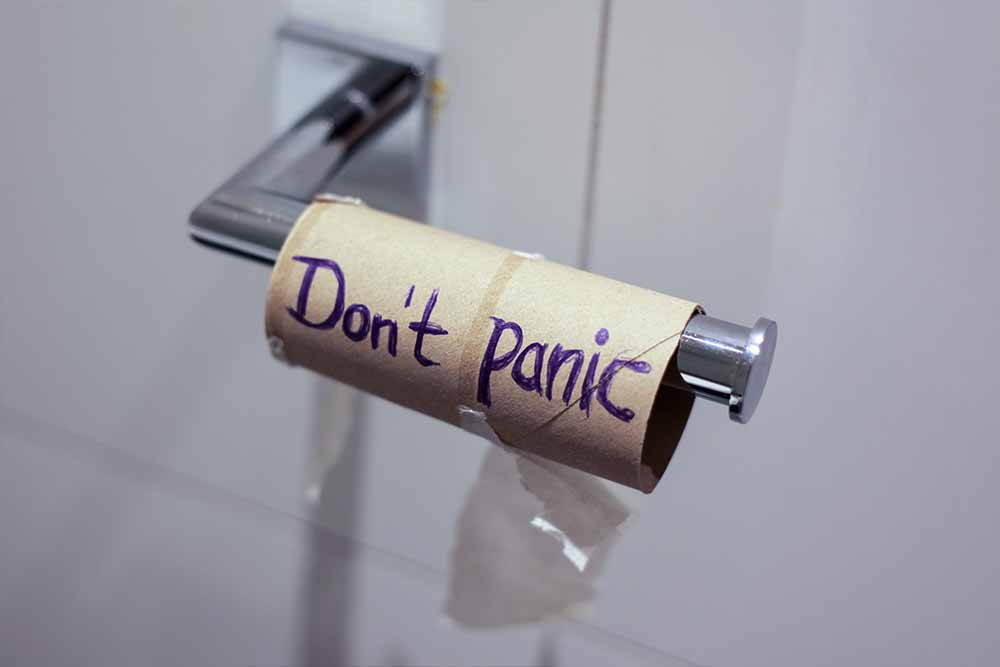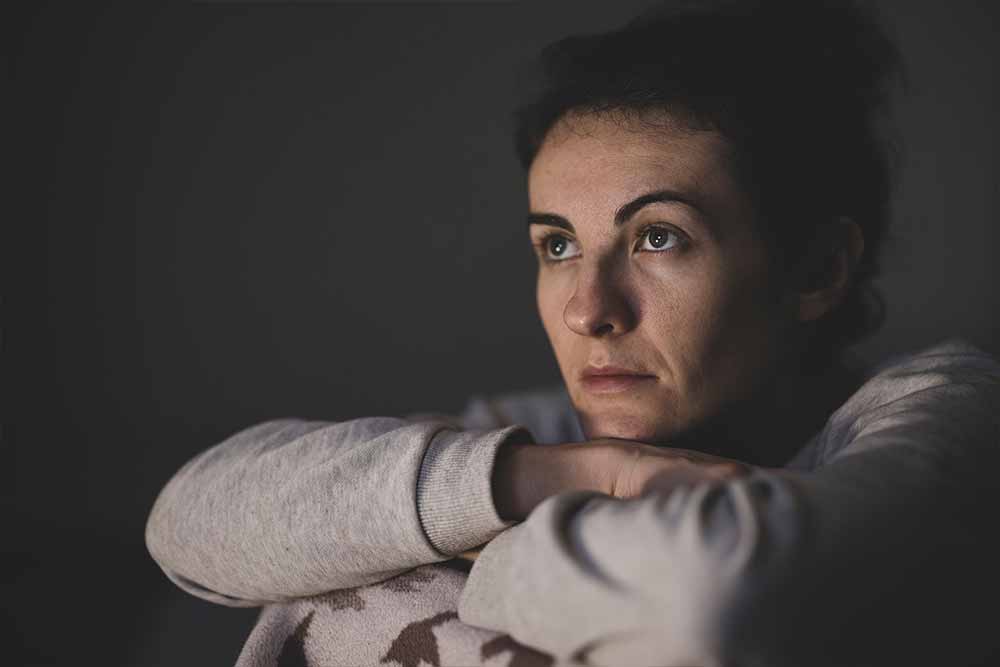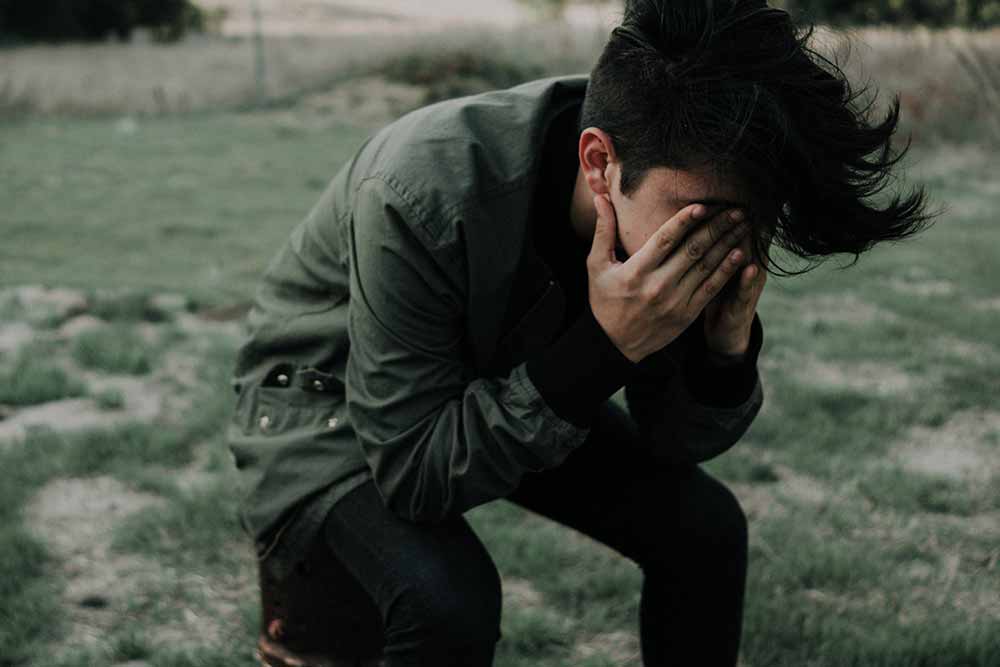If you’re a sexually active adult, you’re likely aware that sexual contact is the most common way for sexually transmitted diseases (STDs) to spread. However, one question seems to leave even the most sexually insightful individuals confused: can you contract an STD from a surface? Better yet, can you catch an STD off a toilet seat?
Catching an STD off a toilet seat (SOLVED)
First things first, germs that make their way onto any surface, including a toilet seat, are pretty unlikely to stick around long. In fact, the viruses, bacteria, and parasites all associated with the most common STDs have a slim chance of surviving outside of the body.
Still, some viruses and parasites can survive on a surface for a very short period of time – which may mean there is a chance of contracting an infection from a surface, such as a toilet seat. STDs are caused by viruses, bacteria, and parasites, which generally don’t survive long outside of the body.
Potentially: According to the experts, bacterial STDs such as chlamydia, gonorrhea, syphilis, and trichomoniasis can’t survive outside the environment of mucous membranes in the body, whereas viral STDs such as HIV, HPV, and hepatitis B can live outside of the body for a very short period of time. With this in mind, theoretically, there may be a chance of contracting an STD caused by a virus or a parasite on a surface such as a toilet seat however the likelihood is pretty minuscule.
But Unlikely: Remember, STDs are predominantly spread through sexual contact. In order to contract an infection from a toilet seat or another surface, the virus would have to have been transmitted to the surface immediately before you come into contact with it. The chances of this are so rare that the Centers for Disease Control and Prevention (CDC) states that for the most part, STDs cannot be spread through contact with a toilet seat.
The following is a set of recommended discrete at-home test kits for those concerned about the transmission of a sexual infection. Read more about the tests on our LetGetChecked STD tests review page
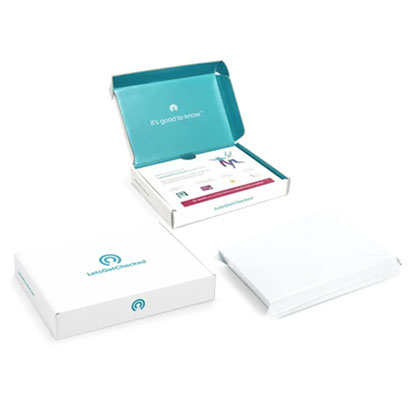
LetsGetChecked – Simple 2
This home testing kit is a simple urine sample test checking for Chlamydia and Gonorrhea. These are the most commonly contracted diseases, making this panel a great follow-up test for a previous diagnosis or general peace of mind.
$99.00

LetsGetChecked – Standard 5
This home testing kit is a combined blood and urine sample test checking for 5 of the most common STDs. Follow consultations are available with treatment plans available on some of the tested infections if found to be positive in your test results.
$149.00

LetsGetChecked – Complete 8
Testing for 8 common and less common sexually transmitted infections with a blood and urine collection kit. This is LetsGetChecked's most complete STD test which includes treatment options a follow-up consultation for positive test results.
$249.00
Surface-to-surface transmission
So contracting an STD off a toilet seat is quite unlikely, but how about other forms of transmission? As mentioned, it’s rare for an STD to be transmitted through contact with surfaces however there is a chance that some STDs can be transmitted in other ways outside of sex such as by sharing contaminated objects, oral sex, and even kissing.
- HIV can be transmitted through anal or vaginal sex with someone with an HIV infection. It can also be transmitted through sharing needles, syringes, or any contaminated injection equipment.
- HPV strains that cause genital warts are generally contracted through oral, anal, or vaginal sex. They can also be contracted through genital contact without sex although the American Cancer Society notes that this is rare.
- Hepatitis B is transmitted through blood, semen, and vaginal fluids which means its generally contracted through sexual contact with a person who has the infection. Similar to HIV, it can also be transmitted through sharing needles, syringes, or any contaminated injection equipment.
- Herpes can be spread through vaginal, anal, or oral sex with someone who has the infection. It can also be contracted through close skin-to-skin contact with someone with an active outbreak, this can include tranmision through kissing. Despite popular belief, the CDC state that you will not get herpes from toilet seats, bedding, or swimming pools.
- Chlamydia and gonorrhea can be contracted through vaginal, anal, or oral sex with someone who has the infection. Neither infection can be spread through casual contact such as sharing drinks, food, kissing, or hand-holding.
- Syphilis is generally transmitted through direct skin-to-skin contact with a syphilis sore or chancre – this can be through oral, vaginal, or anal sex. Rarely, it can also be spread through kissing. Mayo Clinic notes that syphilis can't be spread through a toilet seat, bathtub, swimming pool, hot tub, or sharing food.
Other areas of concern
Although infections are more often than not contracted through oral, anal, or vaginal sex, there is still a small possibility that you could contract an STD in a number of other ways outside of skin-to-skin or close sexual contact, these include
- Toothbrushes are not the most common method of transmission for most STDs however sharing a toothbrush with someone who has an oral infection such as oral herpes or syphilis may potentially put you at risk of contracting the infection. Remember to always stick to using your own toothbrush for your own peace of mind!
- Razors or shavers can cause small tears in the skin which make it possible for STDs to pass through – although it’s important to know that this is unlikely and nowhere near as risky as sharing needles, syringes, or any type of injection equipment. Avoid this by always sticking to your own clean razor every time you shave.
- Towels are a highly unlikely method of transmission and most common STDs cannot be transmitted through contact with the towel of someone with an infection. However, according to Los Angeles Public Health, public lice, which are often sexually transmitted can be passed on through infested items such as towels or sheets.
- Sex toys can be a method of transmission for sexually transmitted infections including chlamydia, syphilis, herpes, and bacterial vaginosis. The best way to avoid this is to wash your toys after each use, cover penetrative toys with a condom when used or avoid sharing toys when possible.
Check out our myLAB Box STD tests review if you're concerned about sexual infections and need a discrete at-home testing kit. Or try one of these advanced STD testing kits if you're concerns are more serious than common STDs.
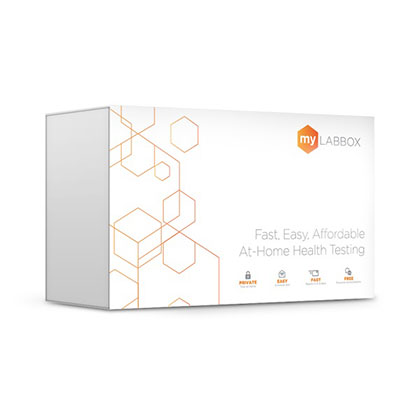
myLAB Box – HIV Test
Human Immunodeficiency Virus (HIV). Results are obtained using a Combo Antigen/Antibody ELISA for the qualitative detection of HIV p24 antigen and antibodies to HIV type 1 (HIV-1 groups M and O) and HIV type 2 (HIV-2) in human blood
$79.00

myLAB Box – Syphilis Test
Test for the 8th most common STI and screen from the comfort of your home with a simple finger prick blood collection kit.
$89.00

myLAB Box – Trichomoniasis Test
Screen for Trichomoniasis (“trich”) from the comfort of your home with a simple urine collection and area swab kit. Trich is considered the most common curable STD.
$89.00

myLAB Box – Mycoplasma Genitalium Test
Mycoplasma genitalium has been recognized as a new and important sexually transmitted infection. Mycoplasma genitalium is a sexually transmitted bacterium that was first identified in the early 1980s. Testing has only recently become available for use in clinical settings.
$89.00
Read our myLAB Box review for information and opinions on tests and services.

myLAB Box – Chlamydia & Gonorrhea
A simple urine collection kit that tests for 2 of the 4 most commonly transmitted infections Chlamydia & Gonorrhea.
$79.00

myLAB Box – Safe Box 5 Panel
5 Panel STD kit, screens for 5 high-risk STDs chlamydia, gonorrhea, HIV I & II and trichomoniasis. This test is screened from a genital swab, a urine sample and a blood sample.
$169.00

myLAB Box – Uber Box 8 Panel
8 Panel STD kit, screens for 8 high-risk STDs chlamydia, gonorrhea, hepatitis C, HIV I & II, herpes simplex 2, syphilis and trichomoniasis. This test is screened from a genital swab, a urine sample and a blood sample.
$199.00
Read our myLAB Box review for information and opinions on tests and services.
Can you get an STD from a toilet seat?
Potentially yes, but probably no. First of all, bacterial STDs DO NOT survive outside of their host, so that's a resounding no. Viral STDs die very quickly. In order to contract an infection from a toilet seat or another surface, the virus would have to have been transmitted to the surface pretty much immediately before you come into contact with it. And in the case of HIV, there would need to be an open wound for blood contraction directly off the surface.
Image Credits
Featured Image – Photo by Jasmin Sessler




